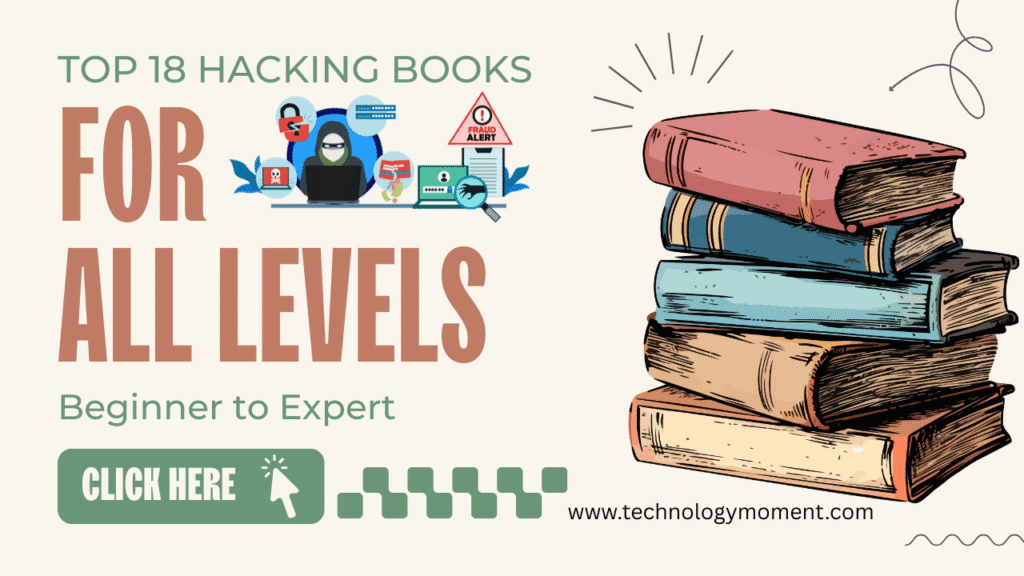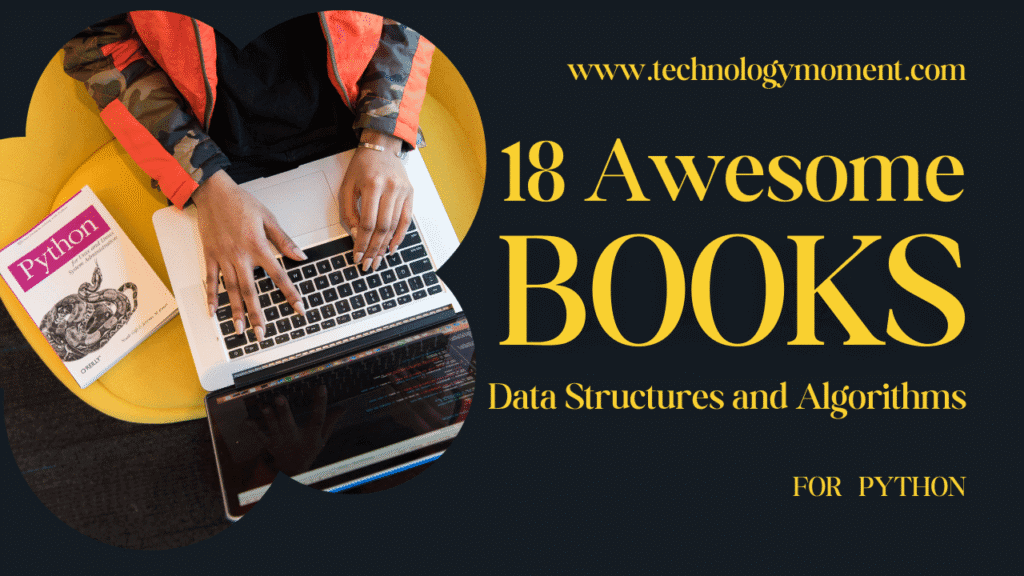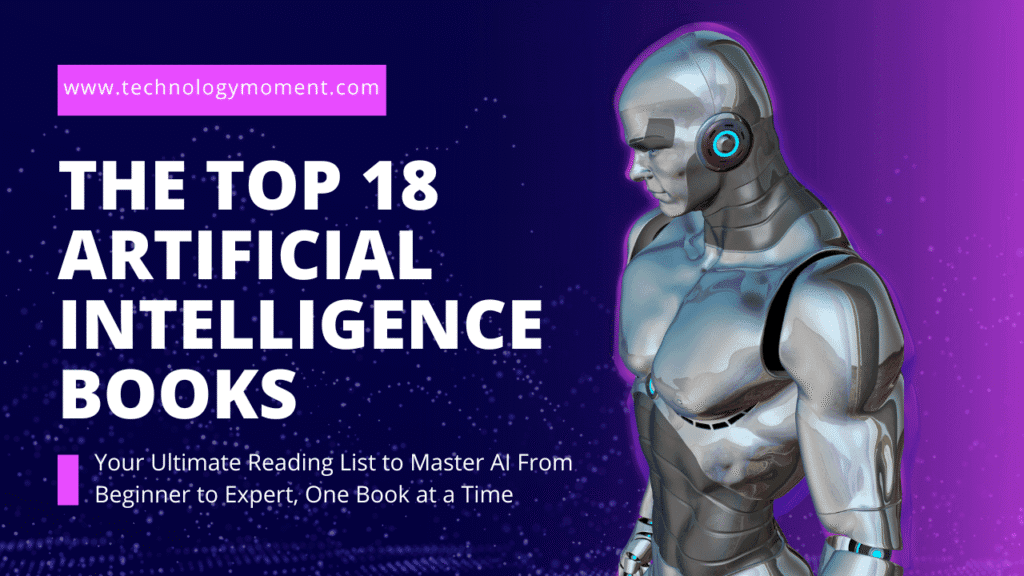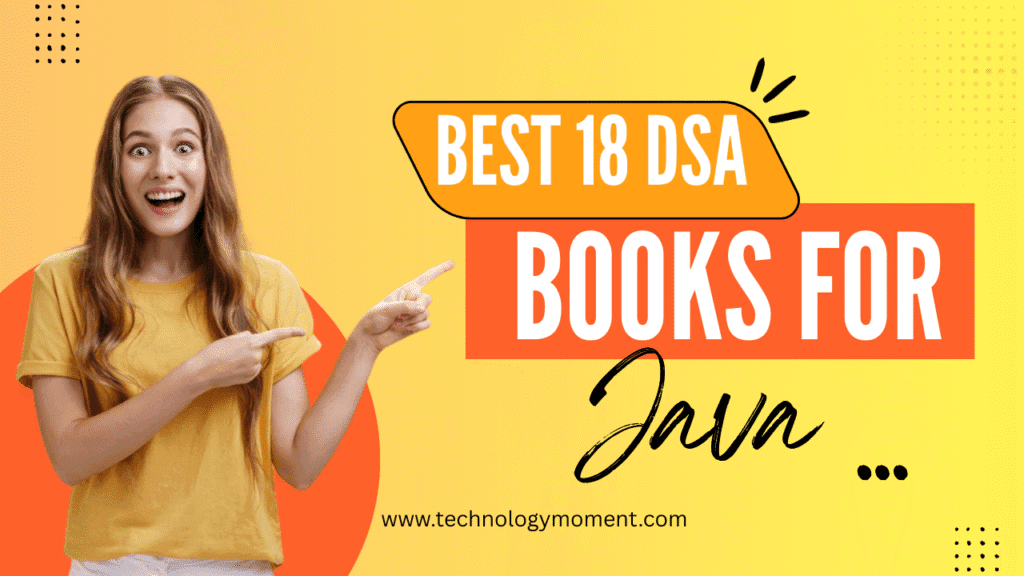Welcome to Technology Moment – Your Trusted Gateway to Smarter Tech Decisions. At Technology Moment, we don’t just talk tech — we break it down, simplify it, and help you make the most out of it. Whether you’re an aspiring tech enthusiast, a seasoned IT professional, or just someone trying to keep up with the digital wave, this is the place where technology makes sense.
In today’s fast-paced digital world, data is gold—and where you store it matters more than ever. That’s why this blog focuses on one of the most crucial pillars of modern computing: data storage in the cloud. But we’re not just talking about any cloud platform — we’re diving into Google Cloud, one of the most powerful and scalable solutions available today.
This blog post is all about helping you explore the best Google Cloud books across every skill level, from total beginner to advanced expert. If you’ve ever felt overwhelmed by the technical jargon, the never-ending documentation, or the decision of where to even start — you’re not alone, and you’re in the right place.
Here at Technology Moment, we believe that knowledge is power, but only if it’s accessible, practical, and up-to-date. That’s why we’ve curated this comprehensive guide to the top-rated books that can take you step by step into mastering Google Cloud for better, safer, and more efficient data storage.
So, whether you’re aiming to get certified, boost your resume, or just understand what the heck cloud storage even is, this article is tailored just for you. Let’s dive in and start building your Google Cloud knowledge stack, one great book at a time.
Imagine this: you’re running a small e-commerce business from your bedroom. Orders are rolling in, customer data is piling up, product images are eating away at your laptop storage — and one day, your hard drive crashes. Poof. All your data? Gone. That’s the wake-up call many people get before realizing the importance of cloud storage. And in that world, Google Cloud isn’t just another player — it’s one of the most powerful tools available.
Google Cloud has rapidly become a cornerstone of modern tech infrastructure. From massive enterprises to ambitious solo developers, more and more people are migrating their data to the cloud to gain reliability, speed, and peace of mind. But here’s the thing — Google Cloud is vast. It’s like walking into a massive library where you don’t know which shelf to check first. That’s exactly why learning through books is so valuable. Books break down complexity into manageable chapters, guiding you like a mentor who’s been there, done that.
Table of Contents
☁️ Understanding the Importance of Data Storage in the Cloud
Let’s rewind to 2010. Fast-forward to today, and we’re talking about petabytes of data, real-time analytics, machine learning, and multi-region backups. Data isn’t just something we store anymore — it’s something we use, analyze, and protect.
When you use a cloud service like Google Cloud, you’re essentially renting high-end digital real estate from one of the biggest tech giants in the world. You don’t have to worry about physical hardware, overheating servers, or accidental coffee spills. More than that, you get features like redundancy (your data is backed up in multiple locations), scalability (you can scale from one user to a million without breaking a sweat), and security (we’re talking world-class, enterprise-grade security).
Here’s a real-life example. A startup founder named Priya was building a healthcare app for rural clinics in India. At first, she stored patient records locally, but as her reach grew, so did her data — fast. That’s when she switched to Google Cloud Storage. Not only did she secure sensitive medical data in compliance with global standards, but she also enabled remote doctors to access patient files within seconds from anywhere. Her business didn’t just survive — it scaled.
Google Cloud stands out because of how seamlessly it integrates with the rest of the tech stack — whether it’s AI tools, APIs, or simple storage buckets. You’re not just storing data; you’re plugging into a powerful ecosystem where data becomes dynamic.
📚 Why Books Are a Great Way to Learn Google Cloud
There’s a lot of hype around video tutorials and quick online courses — and don’t get me wrong, they have their place. But have you ever tried following a 4-hour video on setting up GCP services, only to realize you missed something at minute 37 and now have to rewind a dozen times? Frustrating, right?
Books, on the other hand, let you breathe. They let you pause, highlight, reread, and reflect. Learning Google Cloud through a well-written book feels like having a patient mentor guiding you through each step. And for a topic as layered and technical as cloud storage, that kind of support matters a lot.
Take Raj, a mid-career IT manager trying to shift into cloud architecture. He signed up for a bootcamp, watched a dozen YouTube videos, but still felt lost. That’s when he picked up “Google Cloud Platform for Architects” by Dan Sullivan. With diagrams, real-world use cases, and end-of-chapter exercises, the book gave him the clarity he needed. He could read on the train, underline concepts during lunch, and apply lessons in his own time — no pressure, no distractions.
Books are also structured in a way that mirrors real progression. Beginner books start with the ‘why’ and ‘what’ before moving into ‘how.’ Foundation books build your confidence. And specialization books? That’s where you sharpen your edge.
Another underrated perk? Books don’t go out of date as fast as online tutorials. The core principles of cloud architecture, security best practices, and data models don’t change overnight. Good books are timeless resources — they stay with you through every stage of your learning curve.
Google Cloud Books for Every Learning Level
When I first dipped my toes into Google Cloud, I was overwhelmed. The dashboard looked like a spaceship control panel. But what saved me were not YouTube videos or crash courses — it was books. Books gave me the time and space to breathe, to re-read tricky parts, and to build a solid understanding of cloud storage from scratch. So whether you’re a total beginner or aiming to become a GCP-certified architect, let’s walk through the perfect reading journey, one level at a time.

Beginner Level
Let’s start at the beginning — where you don’t know the difference between Cloud Storage and Cloud SQL, and acronyms like IAM and VPC sound like sci-fi jargon. Three books truly shine at this stage.
“Google Cloud Platform for Beginners” feels like a friendly mentor sitting beside you. Brian writes in plain English, often breaking down technical terms with relatable analogies. I remember one chapter where he compared Google Cloud buckets to digital filing cabinets — simple, but powerful. This book teaches you how to set up your first GCP account, create a bucket, and store files — all while explaining why you’re doing it. You finish this book feeling like, “Okay, I can actually do this.”
Then comes “Cloud Basics with Google Cloud”, which feels more like a workbook. Steve uses short, interactive exercises, guiding you through real cloud tasks like uploading images, managing folders, and enabling APIs. One thing I loved? He encourages mistakes. There’s even a “What could go wrong?” section after each chapter, which helped me build troubleshooting confidence.
Lastly, “Getting Started with Google Cloud” introduces a little more structure. It’s like moving from driving a scooter to a small car. You learn basic command-line usage, how to spin up virtual machines, and how to use cloud console like a pro. If you like more guided walkthroughs and screenshots at every step, this one’s a must.
Foundation Level
Now you’ve got your feet wet and you’re ready to understand what’s happening under the hood. These next books are ideal for building your foundational knowledge — where theory meets light hands-on practice.
I can’t recommend “Google Cloud Essentials” by Dan Sullivan enough. Dan has this magical way of teaching concepts without making you feel dumb. He starts with how Google’s infrastructure works globally — those undersea cables, edge networks, and data centers that power your apps behind the scenes. I recall one lightbulb moment when he explained data replication with a pizza delivery metaphor. It stuck with me and helped me grasp availability zones immediately.
“Cloud Fundamentals Using GCP” takes a different approach. This book is project-based — which is awesome if you love learning by doing. You’ll build small projects like a static website, a file-sharing app, or a serverless function. It gives you real-world context for services like App Engine and Cloud Functions. I built my first personal portfolio site on GCP thanks to this book.
Then there’s “The Cloud Computing Handbook” by John Rhoton. While it isn’t GCP-exclusive, it’s brilliant for understanding the big picture. It discusses security models, cost optimization, and compliance — things you won’t care about early on but must understand if you want to work with clients or businesses. Rhoton’s take on cloud costs (using the analogy of renting vs owning a car) helped me see why cloud savings are more about smart decisions than cheap pricing.
Intermediate Level
By now, you’ve built a few things and want to go deeper. Maybe you’re thinking about a career pivot into cloud engineering, or you’re managing real business applications on GCP. This is where intermediate books shine.
One standout is “Data Engineering with Google Cloud” by Adi Wijaya. I picked this up while helping a startup optimize their data pipelines. Adi walks you through real-world case studies — like migrating on-premise databases to BigQuery and using Dataflow for streaming analytics. You learn how to deal with latency, costs, and schema design — things that don’t show up in beginner books. He even shares stories from his consulting days, which make the learning practical and grounded.
Another gem is “Cloud Architecture Patterns with GCP”. Architecture sounds scary, but Tom makes it digestible. He introduces reusable design patterns — like how to separate compute from storage, or how to build for high availability. These were things I read about in blogs but never understood deeply until this book. A favorite chapter of mine dealt with autoscaling and how Netflix-like platforms handle sudden traffic spikes.
If you want an all-in-one reference, “Mastering Google Cloud Platform” by Cybellium Ltd. is a heavy but valuable read. It’s more of an encyclopedia with in-depth sections on Kubernetes, AI on GCP, and network configurations. I don’t recommend reading it cover-to-cover — it’s the book you keep by your desk and return to whenever you need clarification or want to level up a specific skill.
Advanced Level
Welcome to the big leagues — where you’re expected to design, secure, and manage large-scale GCP solutions. This is where theory meets responsibility.
Even if you’re not taking the exam, it teaches you how to think like a cloud architect. Dan doesn’t spoon-feed solutions. Instead, he gives you scenarios — like designing a HIPAA-compliant architecture for a healthcare app — and asks you to evaluate trade-offs. I failed my first architecture practice test because I didn’t think holistically. This book fixed that.
Then we have “Designing Data-Intensive Applications in GCP” , the GCP edition of Martin Kleppmann’s classic. If data is the new oil, this book is your refinery manual. It digs into storage engines, distributed systems, and real-time processing — all tailored for the Google Cloud environment. The storytelling is top-notch. You’ll read about how Twitter scaled messaging or how banks handle transactions — and then see how to build those patterns in GCP.
Expert Level
“Google Cloud Platform Cookbook” by Legorie Rajan PS is not your average how-to guide. It’s a hands-on, problem-solving manual — imagine a toolkit for real-world cloud issues. I picked up this book during a crunch project when a client’s storage system kept failing at peak loads. Flipping to the section on Cloud Storage optimization, I found clear, step-by-step “recipes” that worked instantly. What makes this book invaluable is its structure: every chapter is focused on solving a specific use case — from load balancing to Kubernetes deployments to automating network security.
“Site Reliability Engineering in GCP” by Google Engineers is like stepping into Google’s war room. Crafted by the same minds who built and maintain the massive infrastructure behind services like Gmail and YouTube, it’s the real deal. One chapter I still think about? The section on Error Budgets. It reframed how I saw service availability — not as perfection, but as a balance between innovation and reliability.
“Cloud Security and Compliance on Google Cloud” is the playbook every cloud architect should read — especially if you’re working in regulated industries. I remember being pulled into a fintech client’s security audit with zero prep. This book became my lifeline. It explains complex topics like encryption-at-rest, identity access management (IAM), VPC Service Controls, and audit logging in such a digestible way.
Specialization Level
“AI and Machine Learning with Google Cloud” by Ekaba Bisong is where cloud meets intelligence. Bisong takes you from theory to deployment, showing how to build real AI solutions using GCP tools like Vertex AI, AutoML, and TensorFlow on Cloud AI Platform. I remember following along to build a sentiment analysis model that analyzed customer reviews in real time. It wasn’t just educational — it was thrilling.
“Big Data Solutions on GCP” is all about harnessing the firehose. If you’re dealing with terabytes of structured and unstructured data, this book is your compass. It helped me architect a big data pipeline for a healthcare analytics platform using tools like BigQuery, Dataflow, and Pub/Sub.
“Serverless Architectures with Google Cloud Functions” is a dream for developers who hate managing infrastructure (and honestly, who doesn’t?). I discovered this book while building a serverless backend for a mobile app MVP. It taught me how to write modular functions, secure APIs with Firebase Auth, trigger events with Pub/Sub, and even integrate with third-party APIs seamlessly.
🎯 Conclusion
Google Cloud isn’t just a tech buzzword anymore—it’s the backbone of how companies store, protect, and leverage their data. Whether you’re a college student eyeing a career in cloud computing, a small business owner wanting to understand where your data lives, or a seasoned tech pro transitioning from another cloud platform, there’s a Google Cloud book out there written with you in mind.
Books are underrated. In an age of YouTube tutorials and quick-fix blogs, books give you the luxury of depth. They guide you slowly, methodically, without assuming too much or skipping crucial steps. And when it comes to mastering something as powerful and ever-evolving as Google Cloud, that depth makes all the difference.
Let me put it this way: if your cloud journey were a road trip, online articles are gas stations—quick and convenient. But books? Books are your GPS, helping you avoid wrong turns and truly understand the road ahead.
So grab that book, brew a cup of coffee (or tea, no judgment!), and start turning those pages. Your future self—possibly working with high-paying cloud clients or managing large-scale cloud infrastructures—will thank you.
FAQs
I’m a total beginner. Can I still understand Google Cloud books without a tech background?
Absolutely! Many beginner books use analogies, simple language, and real-world scenarios to make the material relatable. If you can understand basic internet concepts, you can definitely learn Google Cloud from the right book.
What if I get stuck on technical jargon or complex topics?
That’s normal! Keep a glossary handy or look up unfamiliar terms online. Some books even come with downloadable code examples or access to online forums where you can ask questions.
Are physical books better than eBooks for learning Google Cloud?
It depends on your learning style. Some people love highlighting and scribbling notes on paper. Others prefer the portability and quick searchability of eBooks. Go with whatever keeps you consistent.
How long does it take to learn Google Cloud from a book?
That depends on your pace and the book’s complexity. A beginner book might take you 2–3 weeks if you read a little daily. Intermediate and advanced books may take longer, especially if you’re applying the skills in real projects.













